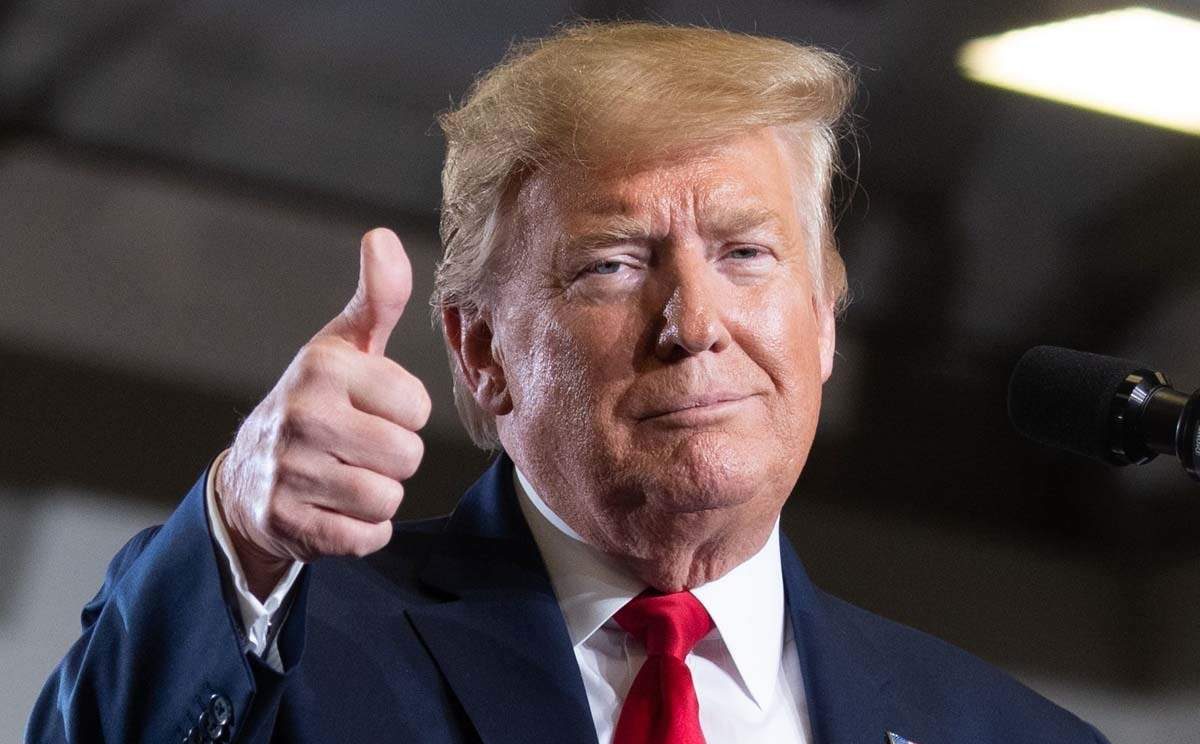Democrats Target Trump’s Meme Coin with New Legislation
27.02.2025 16:32 1 min. read Alexander Stefanov
A new legislative push by House Democrats is targeting the $TRUMP meme coin, which has plummeted in value since its launch.
Representative Sam Liccardo, a freshman Democrat from California, plans to introduce the MEME Act, a bill aimed at preventing high-ranking government officials and their families from profiting off digital assets like meme coins.
Liccardo argues that Donald and Melania Trump financially benefited from the cryptocurrency, which attracted early investors before rapidly losing value.
His proposed legislation would ban the president, vice president, members of Congress, and top executive officials from issuing, endorsing, or profiting from securities, commodities, or digital assets.
While the bill is unlikely to pass under the current Republican-controlled Congress, Liccardo is rallying support, hoping to gain traction if Democrats regain the majority. He insists that public office should not be used for financial gain, warning that the Trumps’ involvement in meme coins raises concerns about insider trading and foreign influence.
The MEME Act would impose criminal and civil penalties for violations and apply retroactively, potentially impacting assets like Truth Social stock. Liccardo has already secured backing from a dozen Democratic colleagues as he prepares to introduce the bill.
-
1
U.S. State of Connecticut Blocks Crypto from Public Sector Operations
12.06.2025 16:00 1 min. read -
2
Federal Reserve Clears Path for Banks to Enter Crypto Market
24.06.2025 8:00 2 min. read -
3
Vietnam Charts a Clear Course for Digital Assets With New 2026 Law
16.06.2025 18:00 1 min. read -
4
GENIUS Act Clears Senate, Setting Stage for First U.S. Crypto Law
18.06.2025 12:00 1 min. read -
5
U.S. Senate Moves Closer to Passing Landmark Stablecoin Legislation
17.06.2025 10:00 1 min. read
Europe’s Largest Euro-Denominated Spot Crypto Exchange Secures License Under MiCA
Bitvavo, Europe’s largest euro-denominated spot crypto exchange, has officially received a MiCA license from the Dutch Authority for the Financial Markets (AFM), allowing the firm to operate across all 27 European Union member states.
U.S. Crypto Investors Hit by IRS Letter Surge as Tax Crackdown Looms
In just two months, crypto tax platform CoinLedger observed a staggering 700% surge in the number of U.S. users receiving IRS warning letters, signaling a sharp escalation in federal tax enforcement targeting digital asset holders.
Ripple Drops Cross-Appeal, Moves to End SEC Case “Once and for All”
Ripple CEO Brad Garlinghouse announced Friday that the company is officially dropping its cross-appeal in its long-running legal battle with the U.S. Securities and Exchange Commission (SEC), signaling a final move toward ending the years-long case.
Gemini Launches Tokenized MicroStrategy Stock for EU Users
Cryptocurrency exchange Gemini has announced the launch of tokenized MicroStrategy (MSTR) stock for customers in the European Union, enabling onchain access to one of the most prominent Bitcoin-related equities.
-
1
U.S. State of Connecticut Blocks Crypto from Public Sector Operations
12.06.2025 16:00 1 min. read -
2
Federal Reserve Clears Path for Banks to Enter Crypto Market
24.06.2025 8:00 2 min. read -
3
Vietnam Charts a Clear Course for Digital Assets With New 2026 Law
16.06.2025 18:00 1 min. read -
4
GENIUS Act Clears Senate, Setting Stage for First U.S. Crypto Law
18.06.2025 12:00 1 min. read -
5
U.S. Senate Moves Closer to Passing Landmark Stablecoin Legislation
17.06.2025 10:00 1 min. read


